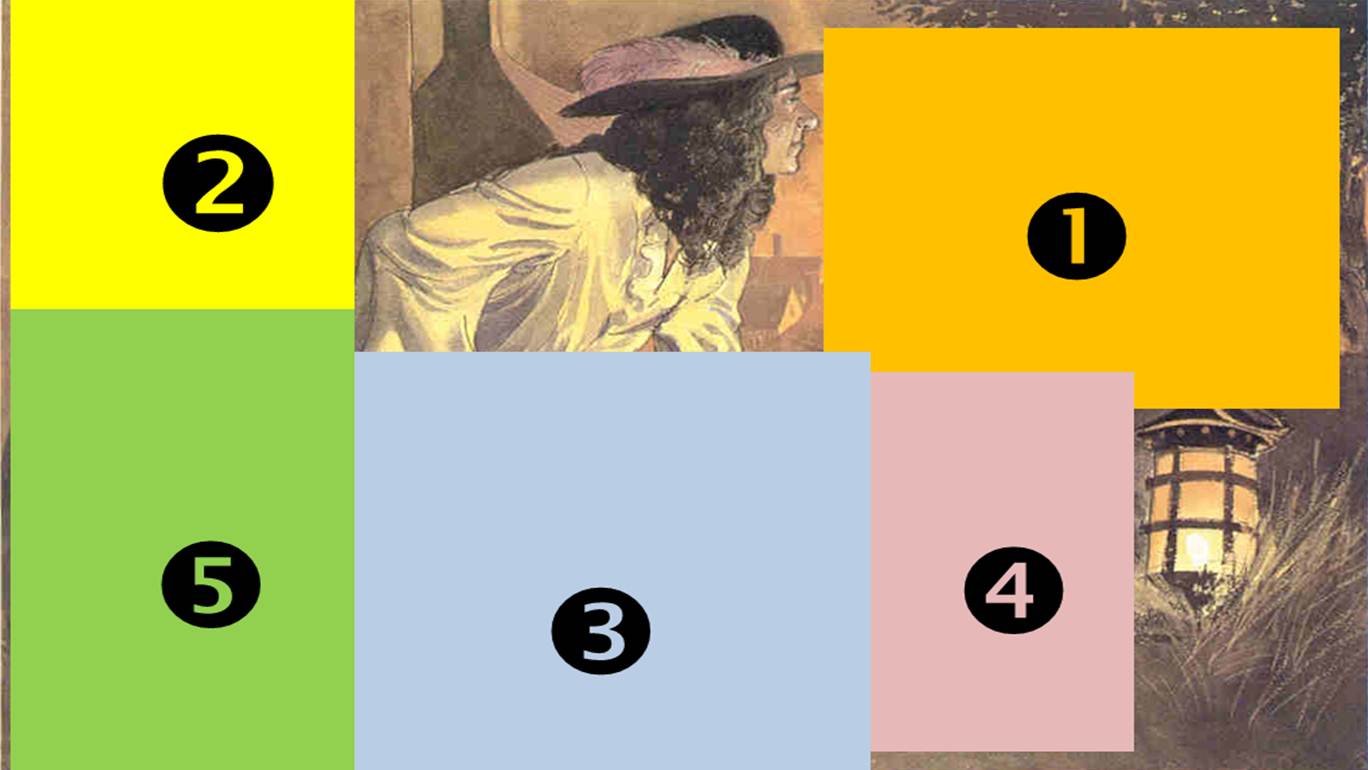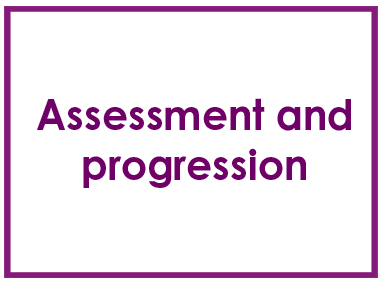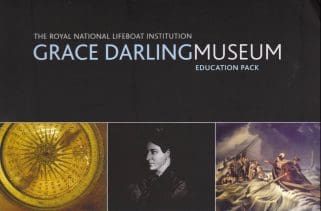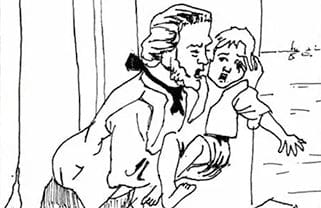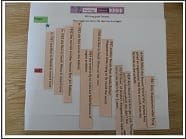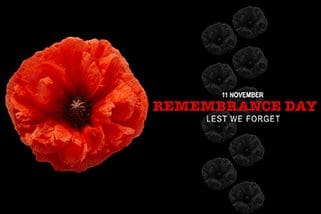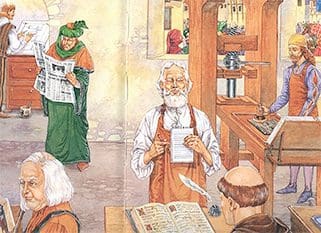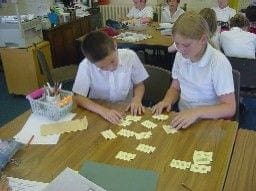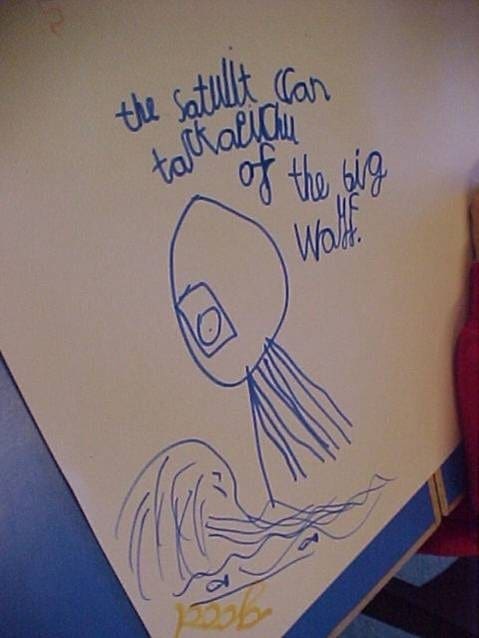
Much has been written in general terms about identifying and then catering for able pupils in history. OFSTED and others have criticized schools for not moving beyond identification and general provision to looking at what happens in ‘subjects’ within then curriculum. Clearly they do not mean subjects in isolation. What is being offered here then is a practical set of strategies that genuinely extend the thinking of able pupils, cross-referenced to examples of outstanding lessons which have been successfully taught to groups or classes of the most able pupils.
To give you a really helpful start in designing appropriate activities, look at the file called 10 ideas to get you thinking. It contains a manageable number of highly effective strategies, many of which are linked to outstanding lessons. You will find examples of able infants creating a living graph, prioritising reasons and seeing the impact of events on different people.

